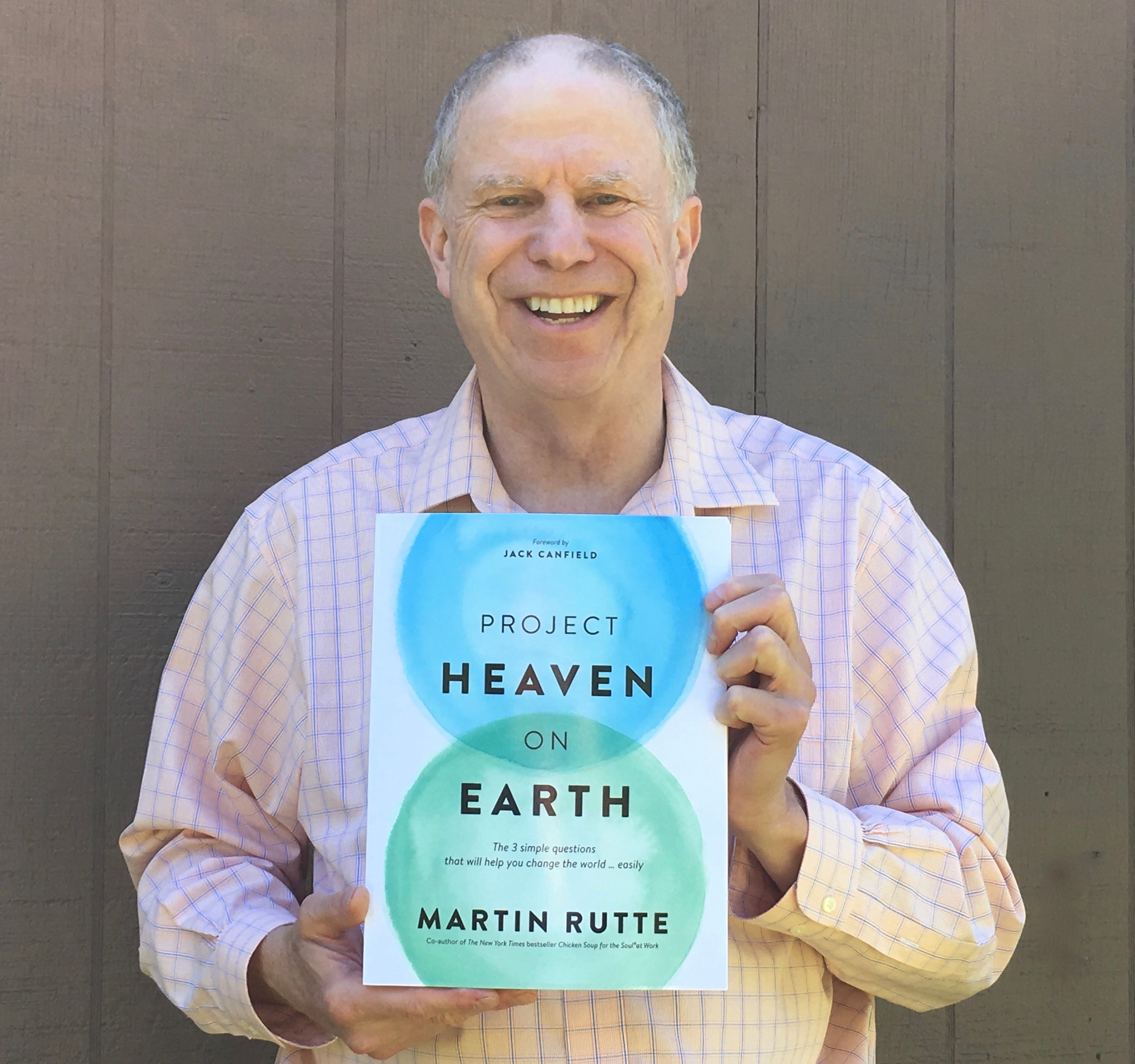We’ve all heard about PTSD, Post Traumatic Stress Disorder.
Our hearts and compassion go out to anyone who has suffered in any way that causes PTSD.
There’s been some very effective work in the arena of healing trauma. (See for example Peter Levine’s book, Waking the Tiger.)
My wife and I were out for breakfast this week with another couple, dear friends of ours. The wife, Deborah, a social worker, has worked for years on trauma, particularly what is known as ‘vicarious trauma’….the trauma that police officers, first responders, judges, prosecutors and emergency medical workers have to deal with as part of their every day work experience.
These traumas are truly examples of hell on earth.
Is it possible to find a Heaven on Earth in this? That’s what’s being explored in a relatively new field of inquiry known as Post-Traumatic Growth.
The term, coined in 1995 by Richard Tedeschi, PhD, and Lawrence Calhoun, PhD, focuses on the idea of growth as a potential consequence of grappling with trauma.
Dr. Tedeschi says: “The term post-traumatic growth (PTG) has been defined as the experience of positive change resulting from the struggle with major life crises. The concept is, of course, ancient and has been prevalent in the literature, philosophy, and religion of almost all cultures.
“It’s important to note that we’re not talking about the traumatic event itself, but how the event becomes a catalyst for positive change. PTG is the process after the traumatic event.”
Dr. Tedeschi continues, “While studying the concept of PTG over many years, Lawrence Calhoun and I established five domains in which PTG can arise most prevalently. We did this by statistical analysis; basically, conducting a series of interviews with survivors of severe injuries. As we heard about the changes these people went through after their life crisis, we created general statements and the following areas, or domains, emerged:
- new opportunities or possibilities in life
- increased sense of personal strength
- change in relationships with others
- greater appreciation for life in general
- deepening of spiritual life
“Some of the statements included sentiments like ‘I realize the importance of being present in daily living’; ‘I have more compassion for others; I’m more open’; ‘I can accept help from others more easily’; and ‘I can do things I hadn’t considered before.'”
“To move toward PTG, you have to go through a phase of intense reflection. A person has to get through the emotional pain following a serious injury or trauma, a phase that is necessary but is non-productive in moving forward. Once dealing with the feelings of loss, anger, and other emotional pain is done, a person can then reflect and begin to let in opportunities for change and growth. A lot of this process depends on the type of support a person receives. If you are surrounded by loving people who are encouraging change and reflection, you will be in a better spot to grow than if you are surrounded by people who are naysayers to your ideas of how you might want to change and grow.”
“When people make radical changes after a significant life tragedy or trauma, they usually put into action what is changing about them. They develop a mission, a purpose so that they can live differently. Their purpose is often altruistic in nature.”
“I have come to feel a great deal of respect for survivors of various traumas, and hope that I can handle my own with as much grace as many of my clients have. I do try to savor things, and separate the important from the trivial. I try to catch myself when I am overreacting, and remember what is truly important. I also realize more acutely what I am doing wrong with my life, and struggle to change — sometimes with good effect, sometimes not. I am a work-in-progress and am still trying to learn, and my clients who have survived trauma are often excellent teachers.”
You can read the entire interview here.
an invincible summer.”
– Albert Camus
Share this post with one or two people you think would be inspired by it.


 Martin Rutte
Martin Rutte




